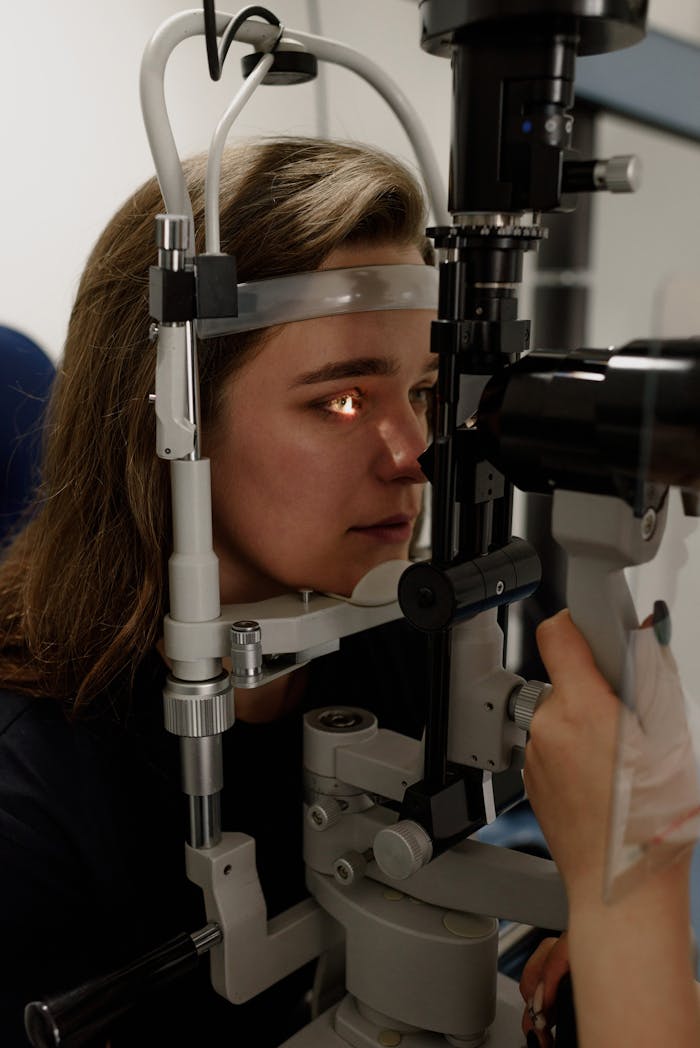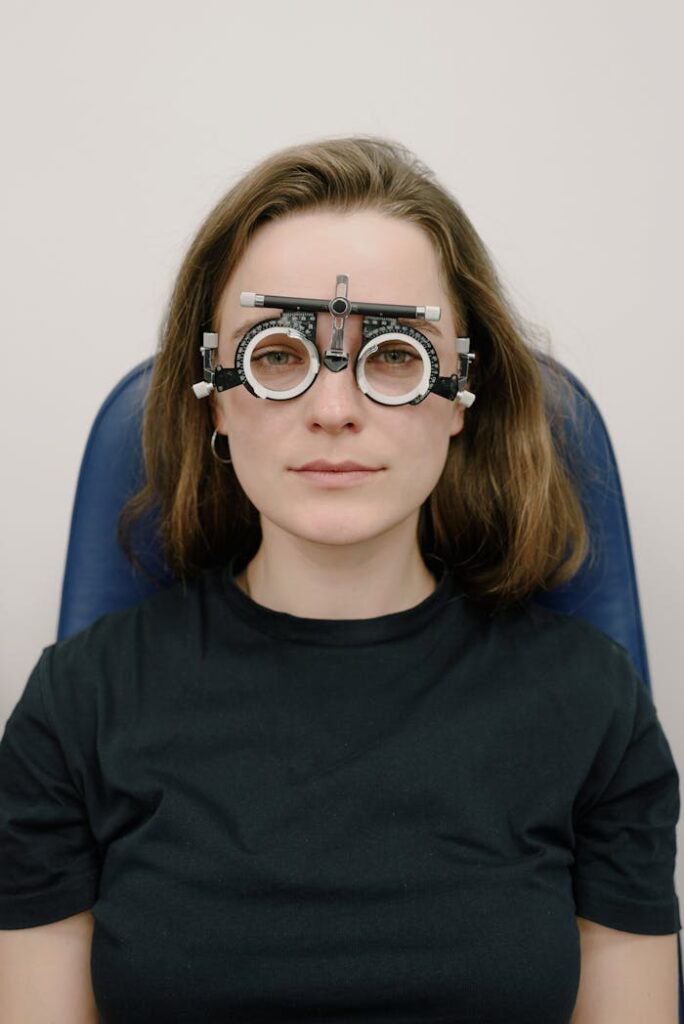Sharazor Eye
Sharazor Eye: Leading the Way in Ophthalmic Care
At Sharazor Holding Group, we are proud to introduce Sharazor Eye, our premier ophthalmic hospital dedicated to providing exceptional eye care and advanced treatment solutions. Under the expert guidance of Dr. Tanya Hama Karim Hama Faraj, Sharazor Eye stands as a beacon of excellence in ophthalmology, committed to restoring and enhancing vision for our patients.
Dr. Tanya Hama Karim Hama Faraj brings a wealth of expertise and a compassionate approach to Sharazor Eye. With years of specialized experience in diagnosing and treating a wide range of eye conditions, Dr. Faraj and her team are dedicated to delivering personalized care and cutting-edge treatments tailored to each patient’s unique needs.
At Sharazor Eye, we offer a comprehensive range of services, from routine eye exams to complex surgical procedures. Our state-of-the-art facility is equipped with the latest technology to ensure accurate diagnoses and effective treatments. Whether you are seeking preventive care or advanced surgical solutions, our commitment to excellence and patient-centered care ensures you receive the highest quality of treatment.
We understand that each patient’s vision is precious, and we are here to support you every step of the way. Our mission is to provide outstanding ophthalmic care in a welcoming and supportive environment, making sure that every patient leaves with a clear vision for a brighter future.

Tips for Protecting Your Eyes
Wear Sunglasses:
Protect your eyes from harmful ultraviolet (UV) rays by wearing sunglasses that block 100% of UVA and UVB rays. This helps reduce the risk of cataracts and macular degeneration.
Take Regular Breaks:
If you spend long hours in front of a computer or other digital screens, follow the 20-20-20 rule. Every 20 minutes, take a 20-second break and look at something 20 feet away to reduce eye strain.
Maintain a Healthy Diet:
Eat a balanced diet rich in vitamins and nutrients that support eye health, such as vitamins A, C, and E, as well as omega-3 fatty acids. Foods like carrots, spinach, and fish are excellent for your eyes.
Get Regular Eye Exams:
Schedule regular eye exams with an eye care professional to monitor your vision and detect any potential issues early. Even if you don't have noticeable symptoms, regular check-ups are crucial for maintaining eye health.
Adjust Lighting:
Ensure proper lighting when reading or working to reduce eye strain. Avoid glare from screens and use appropriate lighting to create a comfortable viewing environment.

Some fascinating facts about human eyes:
Unique Fingerprint:
Just like fingerprints, no two irises are the same. Each person has a unique iris pattern, which is why iris recognition is used for secure identification.
Color Perception:
The human eye can distinguish approximately 10 million different colors. This incredible range is thanks to the three types of cone cells in the retina that are sensitive to red, green, and blue light.
Blinking Frequency:
On average, a person blinks about 15-20 times per minute. This helps keep the eyes moist and clear of dust and debris.
Size and Growth:
A newborn’s eyes are about 75% of their adult size. They grow rapidly during the first two years of life and reach their full size by around age 10.
Eye Color Changes:
The color of your eyes can change slightly over time due to various factors, including age and health conditions. For example, some people notice their eyes becoming lighter or darker as they grow older.
Night Vision:
The human eye has a special type of cell called rods that are highly sensitive to low light. This is why we can see in dim lighting, although not as clearly as in daylight.
